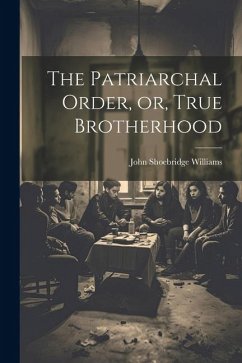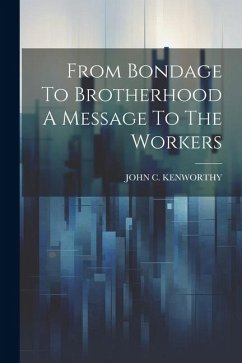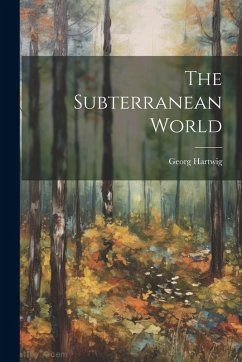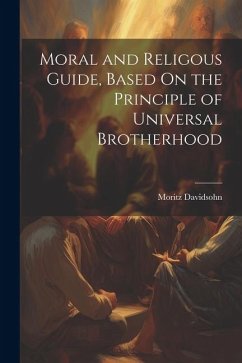Nicht lieferbar
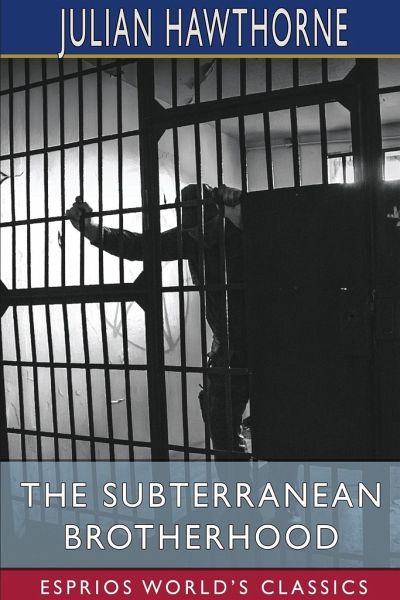
The Subterranean Brotherhood (Esprios Classics)
Versandkostenfrei!
Nicht lieferbar
Julian Hawthorne (June 22, 1846 - July 14, 1934) was an American writer and journalist, the son of novelist Nathaniel Hawthorne and Sophia Peabody. He wrote numerous poems, novels, short stories, mystery/detective fiction, essays, travel books, biographies, and histories. While in Europe Hawthorne wrote several novels: Bressant (1873); Idolatry (1874); Garth (1874); Archibald Malmaison (1879); and Sebastian Strome (1880). Hawthorne prepared an edition of his father's unfinished work Dr. Grimshawe's Secret (1883). His sister Rose, upon hearing of the book's announcement, had not known about the...
Julian Hawthorne (June 22, 1846 - July 14, 1934) was an American writer and journalist, the son of novelist Nathaniel Hawthorne and Sophia Peabody. He wrote numerous poems, novels, short stories, mystery/detective fiction, essays, travel books, biographies, and histories. While in Europe Hawthorne wrote several novels: Bressant (1873); Idolatry (1874); Garth (1874); Archibald Malmaison (1879); and Sebastian Strome (1880). Hawthorne prepared an edition of his father's unfinished work Dr. Grimshawe's Secret (1883). His sister Rose, upon hearing of the book's announcement, had not known about the fragment and originally thought her brother was guilty of forgery or a hoax. She published the accusation in the New York Tribune on August 16, 1882.




